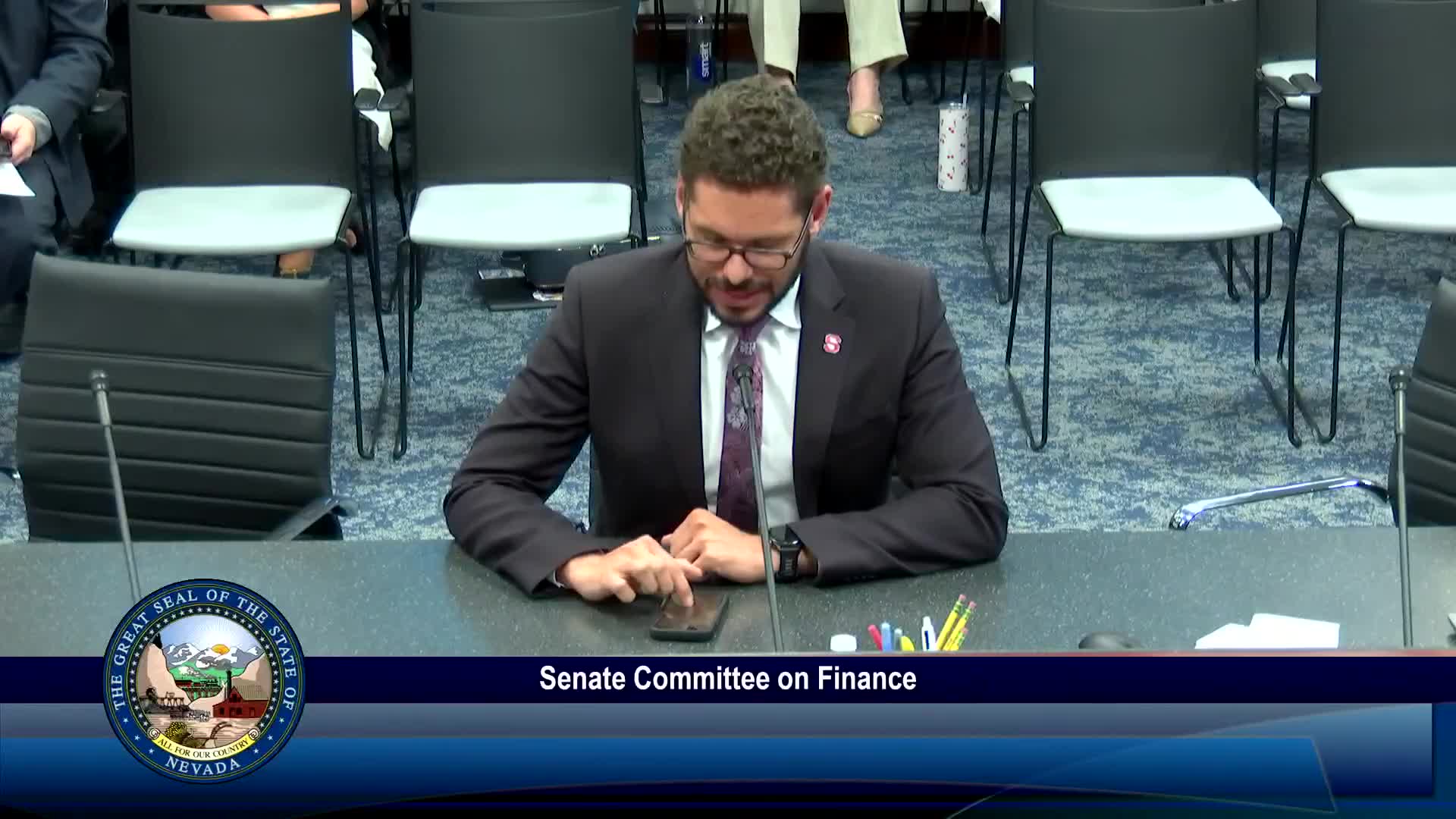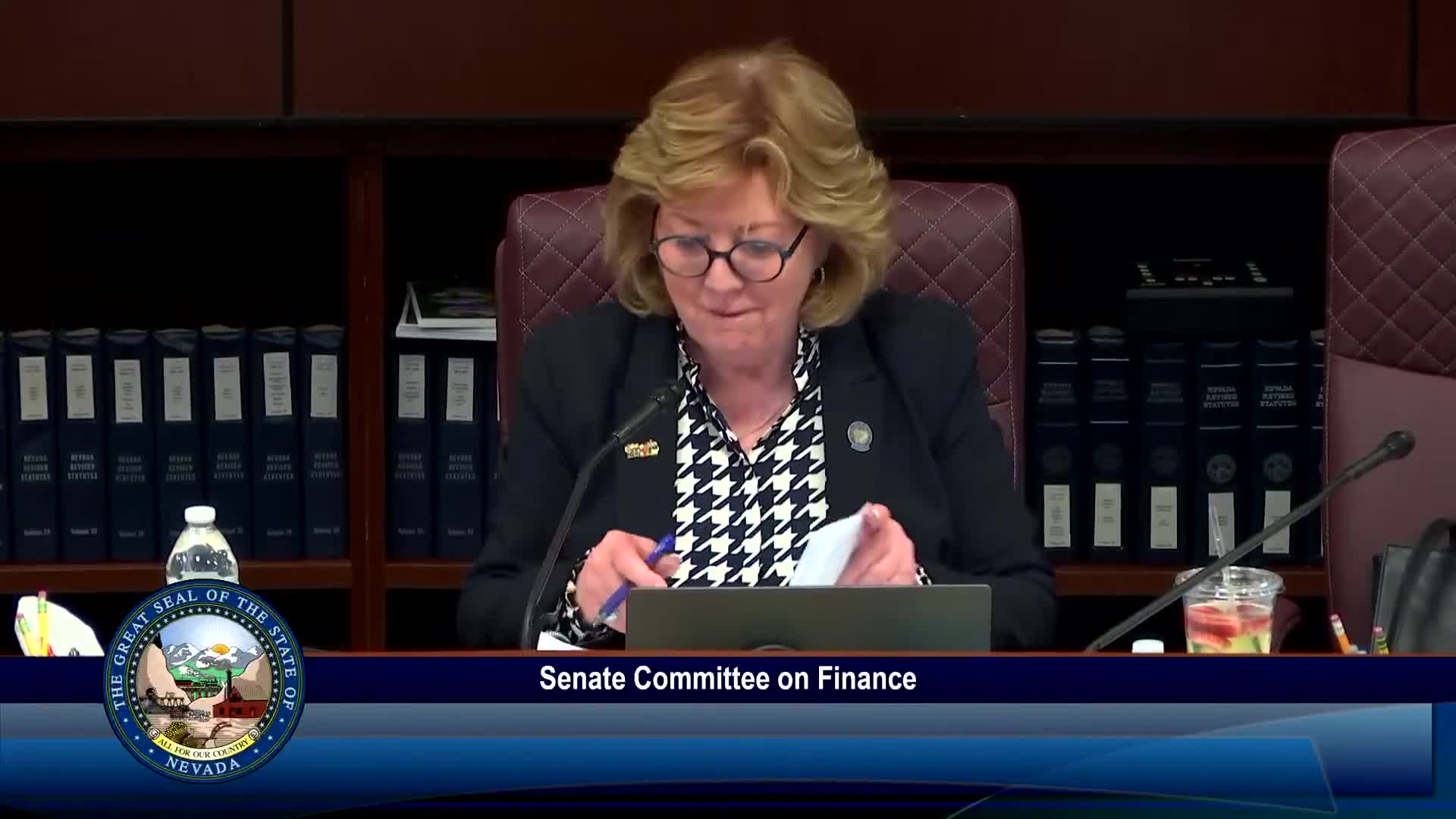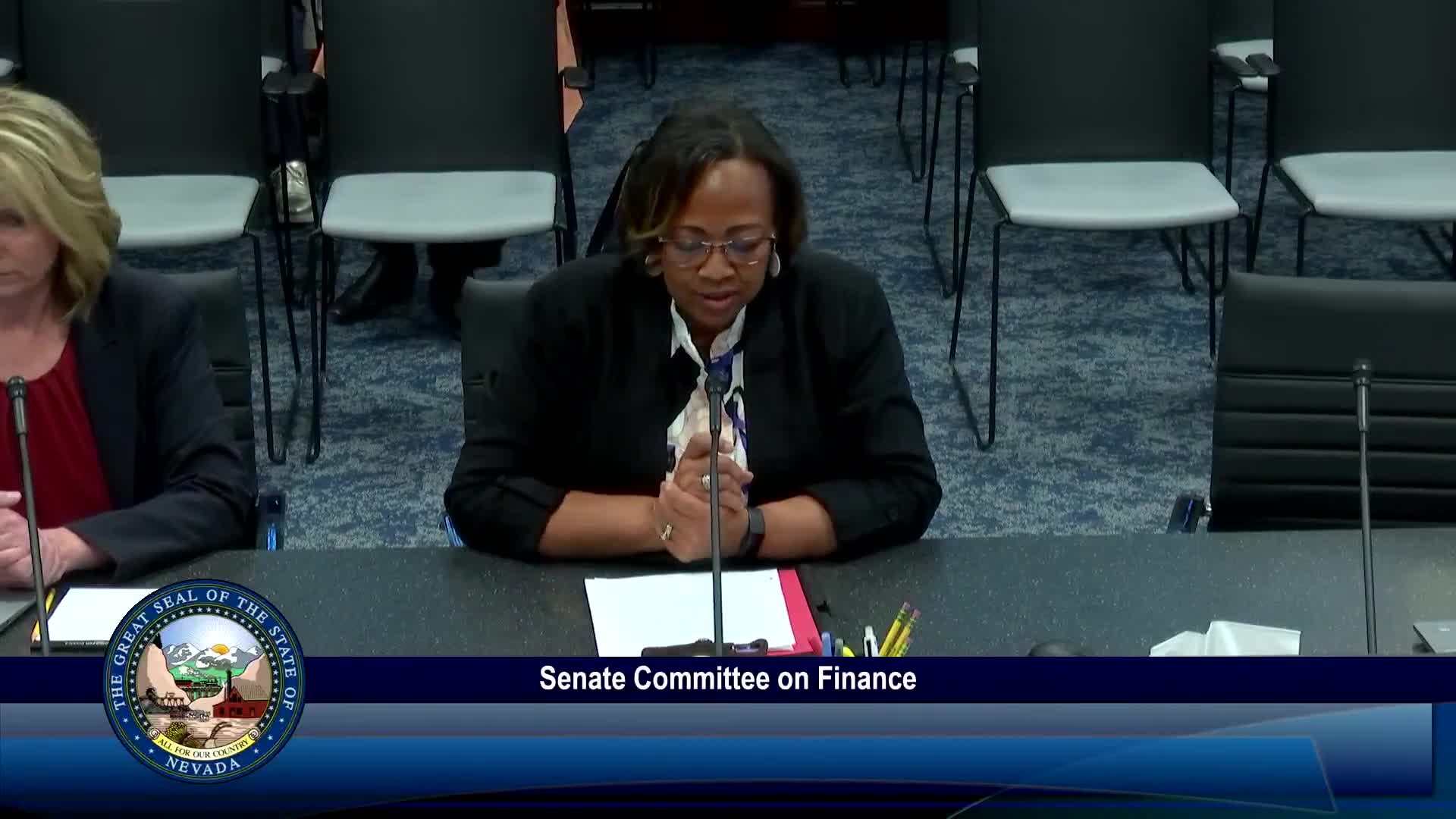Article not found
This article is no longer available. But don't worry—we've gathered other articles that discuss the same topic.

Senate committee hears bill to allow DMV installment plans, optional digital plates and extend mileage pilot

Panel hears bill to require insurance coverage of stuttering treatment and remove visit limits

Committee hears bill to restore Medicaid coverage for vagus‑nerve stimulation device repair and replacement

